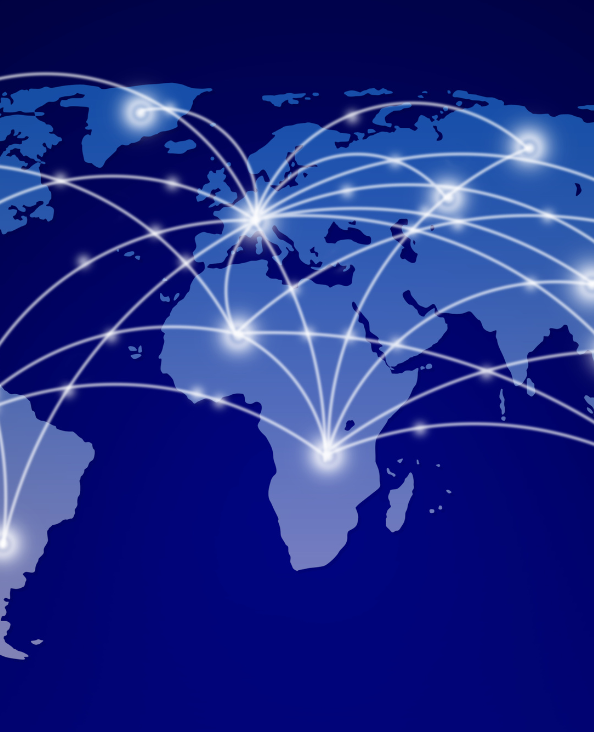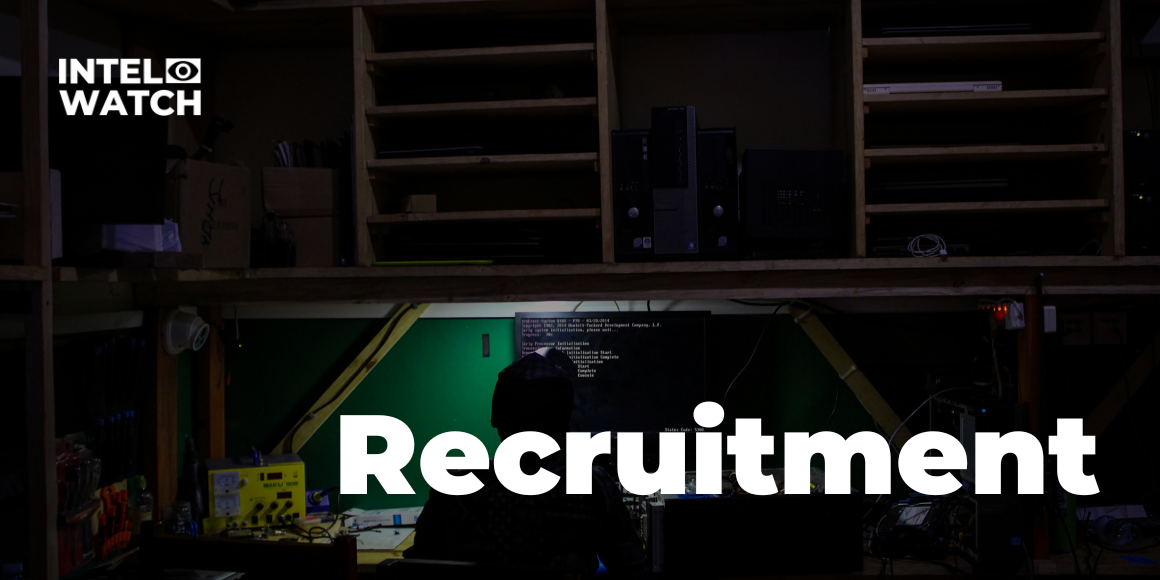Why do governments spy?
Government intelligence services perform a wide array of functions. Their agents gather intelligence in countries where their foreign assets — such as business interests and energy sources — are located. Espionage is a methodology to gather intelligence from foreign governments in a highly secretive, undetectable manner. Covert action entails secret programmes used to target other countries’ citizens with misinformation and propaganda campaigns, training insurgents and, in extreme cases, secret military action and political assassinations on foreign soil. Frequently, governments contract private entities to perform this array of services. And, all too often, governments turn the nefarious strategies designed to target foreign countries on their own people.

When intelligence goes wrong
At its core, intelligence is a tool that governments should use to keep their citizens safe. In reality, intelligence services are frequently weaponised to keep the rich, powerful and corrupt safe. Espionage, surveillance, covert action, and secret paramilitary operations can be turned against dissidents, political opposition, activists, academics, journalists, and civil society members who speak truth to power and threaten the position of the ruling elite. In this context, intelligence services are used to intimidate, sabotage, and disrupt the work of those fighting for basic human rights and seeking government accountability. In the extreme, those opposing the powers-that-be are imprisoned, tortured, or even assassinated as a result, directly or indirectly, of the actions taken by state intelligence services. Thus, intelligence can be a tool to help governments stay in power. The is true for autocracies, totalitarian states — and democracies.

What is communications surveillance?
Intelligence services use various surveillance methodologies to gather information. This includes intercepting electronic communications signals. Virtually any digital communications and information related to them can be intercepted. These include the content of phone calls, emails, social media messaging, private social media posts, internet browsing activity, and metadata (i.e. information about calls, emails and messages: Who spoke to who, when, and where?) Various technologies are available to governments and private companies should they wish to intercept communications. These include spyware, lawful interception, mass communications interception, and social media monitoring.

Watching the watchers. Guarding the guardians.
More on surveillance technology

Facial
recognition

Licence plate tracking

Smart phones/ location data

Social media
monitoring

Bulk
interception

Targeted lawful interception

Metadata and
the digital trail

News & Updates
See what Intelwatch has been up to in our work to promote public oversight of surveillance and intelligence powers.
Have any questions?
For more information, please contact [email protected].




